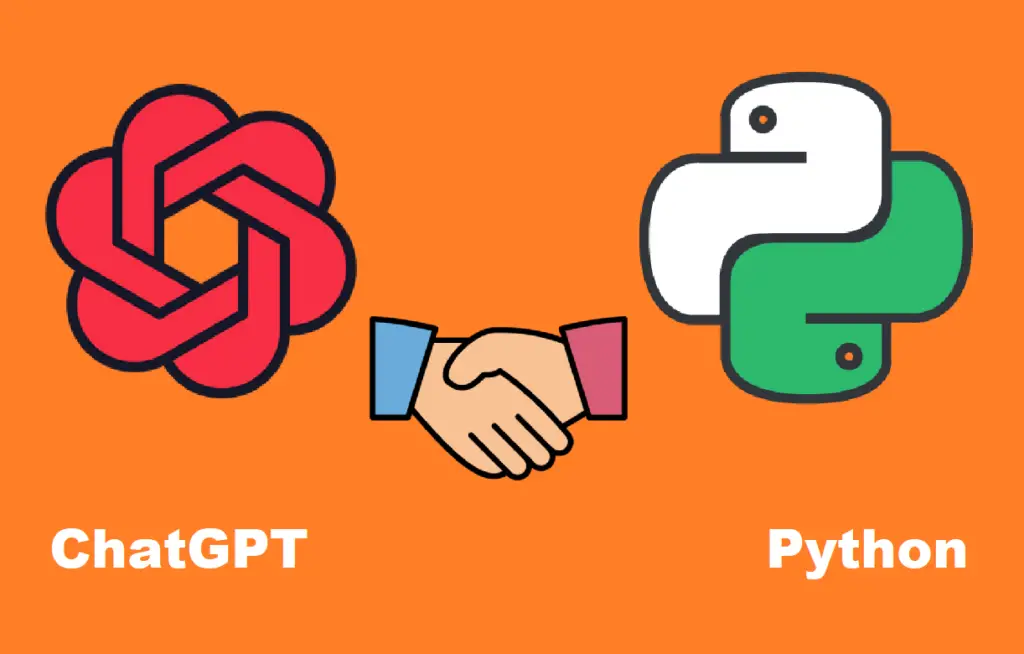
Java是一种强大的编程语言,它不仅可以处理内存中的数据,还可以处理文件和目录。在Java中,可以使用多种方式来读取和写入文件,其中包括:
1. 字节流:
Java的字节流(Byte Streams)主要用于读取和写入二进制文件,如图像、音频和视频文件。它们通过InputStream和OutputStream类来实现,该类有很多具体子类,比如FileInputStream和FileOutputStream,用于读写文件。
示例代码:
```java
import java.io.*;
public class ReadWriteFileByteStream {
public static void main(String[] args) {
try {
// 读取文件
FileInputStream in = new FileInputStream("input.txt");
int data;
while ((data = in.read()) != -1) {
System.out.print((char) data);
}
in.close();
// 写入文件
FileOutputStream out = new FileOutputStream("output.txt");
String str = "Hello, world!";
byte[] bytes = str.getBytes();
out.write(bytes);
out.close();
} catch (IOException e) {
e.printStackTrace();
}
}
}
```
参考资料:
- [Oracle官方文档:Byte Streams](https://docs.oracle.com/javase/tutorial/essential/io/bytestreams.html)
2. 字符流:
Java的字符流(Character Streams)主要用于读取和写入文本文件。它们通过Reader和Writer类来实现,该类也有很多具体子类,比如FileReader和FileWriter,用于读写文件。
示例代码:
```java
import java.io.*;
public class ReadWriteFileCharStream {
public static void main(String[] args) {
try {
// 读取文件
FileReader reader = new FileReader("input.txt");
int data;
while ((data = reader.read()) != -1) {
System.out.print((char) data);
}
reader.close();
// 写入文件
FileWriter writer = new FileWriter("output.txt");
String str = "Hello, world!";
writer.write(str);
writer.close();
} catch (IOException e) {
e.printStackTrace();
}
}
}
```
参考资料:
- [Oracle官方文档:Character Streams](https://docs.oracle.com/javase/tutorial/essential/io/charstreams.html)
3. 缓冲流:
Java的缓冲流(Buffered Streams)可以提高读取和写入的效率。它们通过BufferedInputStream和BufferedOutputStream类来实现,以及BufferedReader和BufferedWriter类。
示例代码:
```java
import java.io.*;
public class ReadWriteFileBufferedStream {
public static void main(String[] args) {
try {
// 读取文件
FileInputStream in = new FileInputStream("input.txt");
BufferedInputStream bis = new BufferedInputStream(in);
int data;
while ((data = bis.read()) != -1) {
System.out.print((char) data);
}
bis.close();
in.close();
// 写入文件
FileOutputStream out = new FileOutputStream("output.txt");
BufferedOutputStream bos = new BufferedOutputStream(out);
String str = "Hello, world!";
byte[] bytes = str.getBytes();
bos.write(bytes);
bos.close();
out.close();
} catch (IOException e) {
e.printStackTrace();
}
}
}
```
参考资料:
- [Oracle官方文档:Buffered Streams](https://docs.oracle.com/javase/tutorial/essential/io/buffers.html)
4. NIO:
Java的NIO(New IO)包含了一系列用于处理非阻塞IO(Non-blocking IO)和文件IO的类。NIO的API比传统IO的API更加直观,而且效率更高。NIO主要有以下几个类:
- Channel:通道,用于读写数据
- Buffer:缓冲区,用于存储数据
- Selector:选择器,用于注册通道和管理事件
示例代码:
```java
import java.io.IOException;
import java.nio.ByteBuffer;
import java.nio.channels.FileChannel;
import java.nio.file.*;
public class ReadWriteFileNIO {
public static void main(String[] args) {
try {
// 读取文件
Path path = Paths.get("input.txt");
FileChannel channel = FileChannel.open(path);
ByteBuffer buffer = ByteBuffer.allocate(1024);
while (channel.read(buffer) != -1) {
buffer.flip();
while (buffer.hasRemaining()) {
byte b = buffer.get();
System.out.print((char) b);
}
buffer.clear();
}
channel.close();
// 写入文件
path = Paths.get("output.txt");
channel = FileChannel.open(path, StandardOpenOption.CREATE, StandardOpenOption.WRITE);
str = "Hello, world!";
buffer = ByteBuffer.allocate(str.length());
buffer.put(str.getBytes());
buffer.flip();
channel.write(buffer);
channel.close();
} catch (IOException e) {
e.printStackTrace();
}
}
}
```
参考资料:
- [Oracle官方文档:Java NIO Overview](https://docs.oracle.com/javase/8/docs/technotes/guides/io/overview/niotoc.html)
总结:
Java提供了多种读取和写入文件的方式,每种方式都有其适用范围和优点。如果需要读取二进制文件,使用字节流;如果需要读取文本文件,使用字符流;如果需要提高效率,使用缓冲流;如果需要处理非阻塞IO,使用NIO。以上是一个简单的介绍,实际使用时需要根据具体情况进行选择和调整。
壹涵网络我们是一家专注于网站建设、企业营销、网站关键词排名、AI内容生成、新媒体营销和短视频营销等业务的公司。我们拥有一支优秀的团队,专门致力于为客户提供优质的服务。
我们致力于为客户提供一站式的互联网营销服务,帮助客户在激烈的市场竞争中获得更大的优势和发展机会!




发表评论 取消回复